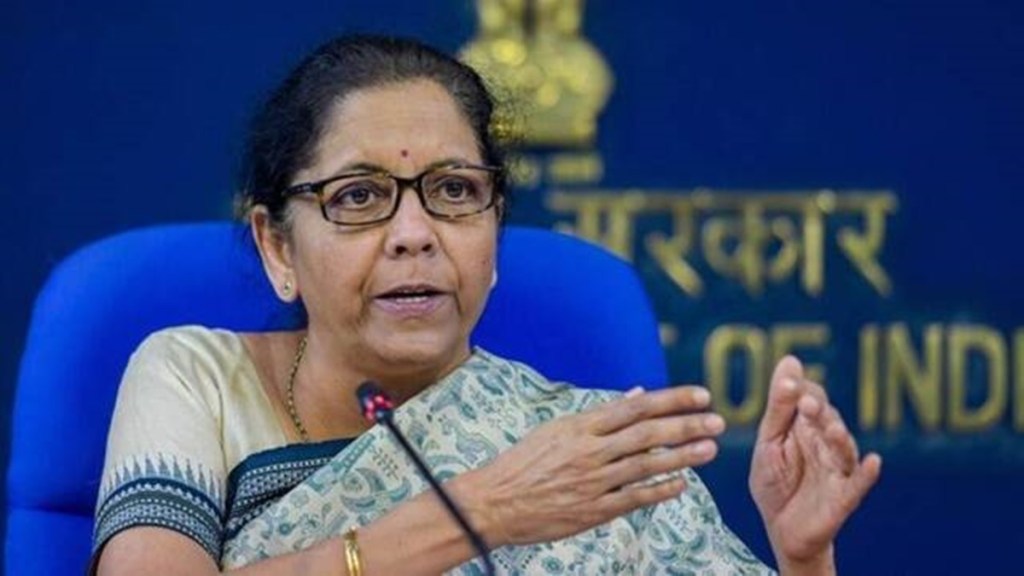Finance minister Nirmala Sitharaman on Thursday discussed G20 efforts to strengthen multilateral development banks (MDBs) to enable utilisation of their existing resources more effectively to address the global challenges of the 21st century.
Sitharaman is in Paris to attend the Summit for the New Global Financing Pact aimed at discussing various ways to enhance financial solidarity with countries in the Global South.
Also read: First rice silos under PPP mode to be operational next month
“Finance Minister Smt. @nsitharaman shared that the #ParisSummit front-runs the #G20NewDelhiSummit & #CoP28Summit. The momentum will fuel ongoing efforts in addressing development and transboundary challenges faced by humanity,” the finance ministry tweeted.
Sitharaman participated in a roundtable on ‘Evolving the model of MDBs to address 21st-century challenges’, the ministry said. She highlighted the contribution of G20 India Presidency on Capital Adequacy Framework (CAF) reforms and G20 Expert Group on Strengthening MDBs.
“Work on #CAF recommendations will enable #MDBs to utilise their existing resources more effectively,” the ministry said quoting Sitharaman.
On March 28, G20 India Presidency set up the expert group co-convened by 15th Finance Commission chairman NK Singh and former US treasury secretary Lawrence Summers. Singh and Summers have to submit their report by early July ahead of the G20 Finance Ministers and Central Bank Governors meeting later in the month in Gandhinagar.
Also read: FM Nirmala Sitharaman in Paris to discuss global financing pact
The expert group has a broad mandate to develop a roadmap for an updated MDB ecosystem, with milestones and timelines, that includes the vision, incentive structure, operational approaches and financial capacity. It will also evaluate estimates of the finance scale needed to and from the MDBs, including from capital adequacy reforms as well as from public and private sector sources. It will also propose mechanisms for coordination among MDBs.
The World Bank Group estimates that the total average annual public and private spending needs to address the global challenges of climate change, conflict, and pandemics is $2.4 trillion per year for developing countries between 2023 and 2030.


